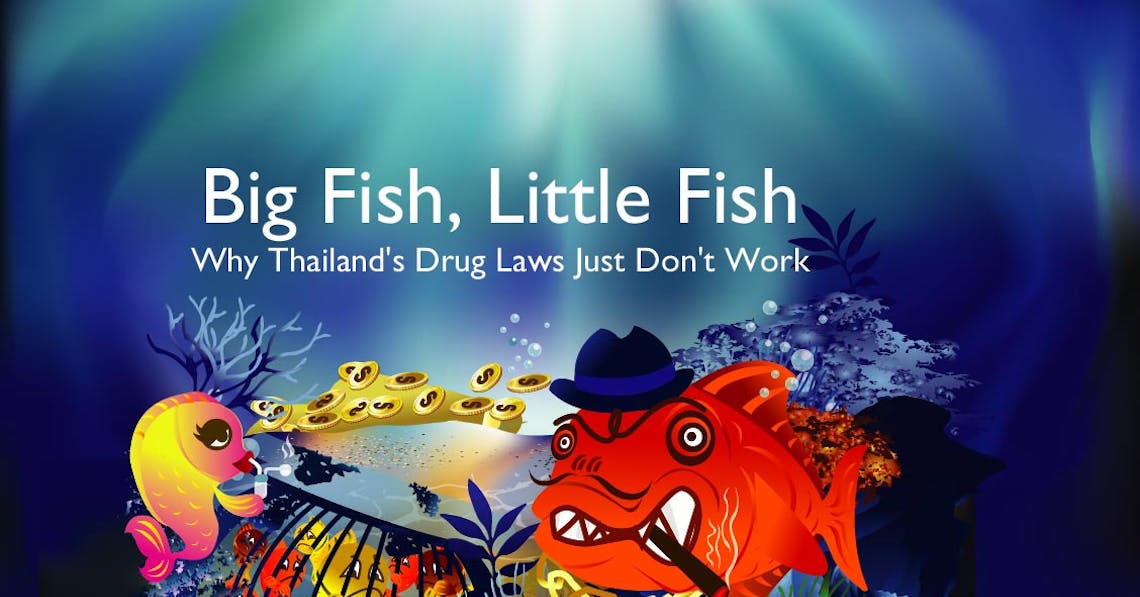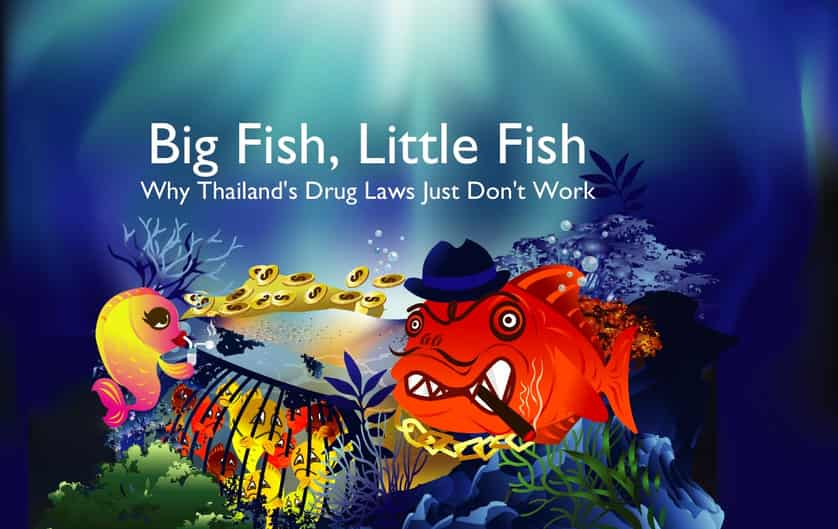
The latest infamous victim of Thailand’s draconian drug laws is a Thai ex-model who was sentenced to 15 years in prison for carrying a small amount of cocaine through a Bangkok airport. Since then, she has attracted thousands of supporters and the attention of the international media, with many calling Thailand’s notorious drug penalties unreasonably harsh and outdated.
Chatchaya “Yuyee” Cuesta Ramos, 41, was arrested on November 12th, 2012 at Don Muang International Airport, where police discovered 250 milligrams of cocaine among her belongings. (That is a miniscule amount, less than what goes into some capsule pills, and about a line or so for personal use.) However small, Yuyee still claims that the measured amount was in fact only five milligrams, and that the amount “mysteriously” increased to 250 during her trial in June of this year.
News reports at the time, and press releases with quotes from officials, also confirmed that the amount was five milligrams in 2012.
Whatever the case, the amount is still infinitesimal and, in a reasonable world, hardly enough to earn someone 15 long years in a prison cell.
Despite her protests of police corruption and judicial mistreatment, Yuyee was sentenced on June 26th of this year to 15 years in a Thai prison. On top of that, she was fined 1.5 million baht. However harsh this punishment may seem, it’s still relatively lenient in the world of Thai drug laws.
Her original sentence of 20 years and two million baht was actually reduced as authorities appreciated her cooperation, which included her giving full testimony and helping things “move along smoothly.”
Yuyee, who oddly enough used to play at Citylife‘s old office when she was a young girl living in Chiang Mai and attending Regina Coeli School, is now a mother of three and the wife of Frank Cuesta, a Spanish TV host and wildlife advocate known in Spain for his successful television series Frank in the Jungle and Natural Frank.
She rose to fame (and notoriety) in the 90s for her sexy looks and risqué behaviour, generating a few rumours in the media along the way about her partying and drug use. After her marriage, however, she moved to Spain with her husband and slipped away from the Thai public eye.
Since Yuyee’s arrest two years ago, her husband Frank’s demands for justice have sparked a Twitter photo campaign with the hashtag #FreeYuyee, where users show their support with pictures and messages.
There are also petitions on the world’s most popular petition site, change.org, which have attracted support from hundreds of thousands of people. One, “Total Acquittal for Yuyee Alissa Intusmith, Wife of Frank Jungle,” has gathered more than 265,000 signatures calling for her release.
But Thailand is either switched off to the online buzz, or simply not interested, since there has been no reaction nor explanation by the authorities.
“Yuyee being in prison is an act of total injustice and corruption,” said Frank to a Spanish newspaper reporter. He has also spoken of the “obvious manipulation and abuse of power that leaves a wonderful country with great people at the level of a banana republic.”
And yet the only response he’s received from the powers-that-be is total silence – apathy to some and malice to others.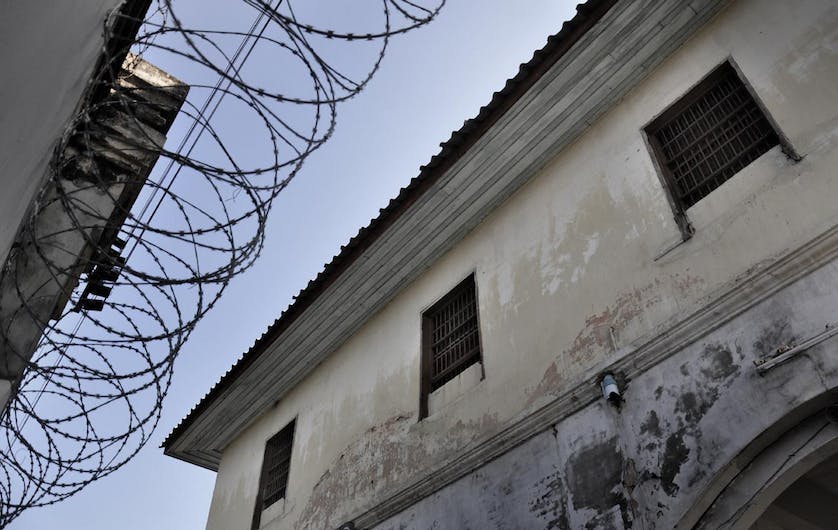
Of course, this isn’t the first time someone high profile has been caught with an illicit substance in Thailand, nor the first time overly harsh punishments have been denigrated by Thai and international media alike (remember the 2010 case of the couple handed 15 years for picking wild mushrooms in a national park?). But for the most part, the thousands of drug-related convicts sentenced each year remain nameless and championless.
Her mainly-Spanish supporters point out that Yuyee and her husband have spent many years showcasing Thailand’s beautiful nature and wildlife, and working hard to protect and educate others about animals.
One Spanish opinion piece on the matter even suggests that the severe punishment is linked to Frank and Yuyee having bothered one too many illegal animal traffickers, as well as gaining other powerful enemies during their fight for animal rights in Thailand.
The writer believed that many of these enemies are in government, and this is what led to evidence being tampered with and facts obscured during the case.
Whether that is true or not, many supporters feel the presence of spite in the case against Yuyee. Comments on Thai online forums discuss her past notoriety; dressing provocatively, being proud of her dark Thai skin, and outspokenness, all of which were seen by some as an insult to the Thai ideal – read: fantasy – of womanhood, and perhaps a (terrible) reason behind her harsh punishment.
In Spain, where she lived, people caught carrying small amounts of illegal substances are usually just fined and/or have their drivers’ licence suspended, instead of being given jail terms which are costly to the country, and severely detrimental to the livelihood and future productivity of that person. But Thailand is far from lenient when it comes to drugs, as readers of our online news site CityNews probably know. We report weekly, and sometimes even daily, on cases of drug mules being arrested and punished with the heavy hand of the law.
These mules, these tiny little fish, who are often mistakenly labelled “smugglers” or “dealers” by the Thai media and the police, are commonly caught transporting large amounts of drugs (most often methamphetamine) to locations around the country.
This is while the true drug traffickers, the whales, who employ these cross-country and cross-border runners, are hardly ever brought to justice, despite the Thai government’s repeated (and half-hearted) attempts to “clean up” the country’s drug-riddled reputation.
Among efforts to control the problem was the 2003 War on Drugs campaign, led by then-prime minister Thaksin Shinawatra. This “war” was so brutal and ineffective that many called it a crime against humanity, appealing to the international community to take action. The campaign saw 2,873 Thai nationals dead within three months – half of whom were later discovered by a fact-finding study to have no connection to any illegal substances or activities whatsoever.
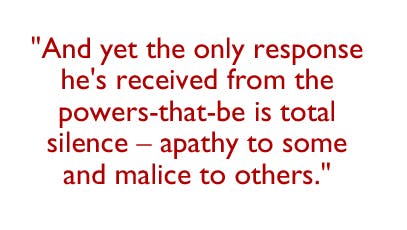
In response, the government at the time held up its hands, saying that only 50 of those deaths were caused by the Thai police, and claiming that the rest were drug-dealer-on-drug dealer crime in reaction to and in fear of the campaign. But there is no evidence to support their excuse and as a result, no one has ever paid for the mass loss of human life.
The War on Drugs not only destroyed lives, but caused havoc to the social fabric as a whole. One of our staff at Citylife was sentenced to three years in prison during the heyday of Thaksin’s “war” for selling five yaba pills, which he claims were forced upon him by a policeman. Once released from jail, he found all doors to jobs and a better future firmly closed and was told by a social worker that he would never have an opportunity to work anywhere near a position of trust again in this society. Thankfully, he found us and has, for the past decade, been handling money on a daily basis, his record impeccable.
However, if he ever seeks new employment, he may have to reconfront the stigma attached to him as a drug dealer. All for five pills, while the policeman still walks free to this day. This is the reality faced by thousands in this country.
Stories like this, along with the statistics, clearly show that the laws are not working. As of January this year, 291,734 prisoners are sitting in Thai jails at a cost of 45 baht per day per person. Yes, that’s over 13 million baht a day. Even though lengthy sentences and astronomical fines are meant to ward off potential drug criminals, the number of new inmates charged with drug possession or smuggling just keeps rising: there are now 2.5 times more inmates in Thai jails than in 2010, when there was a more manageable 116,323. In fact, the country’s 143 prisons only have the capacity to house about 100,000 people, and the problem of overcrowding is mainly attributed to the government’s standard sentencing of imprisonment for non-violent drug criminals.
Even the Thai Department of Corrections has issued statements admitting the system is overburdened with convicts – 70 percent of whom are imprisoned for drug crimes. This burden is clearly unmanageable, unconstructive and will continue to weigh heavily on Thailand as it attempts to move forward into ASEAN integration and beyond.
In 2012, the country saw nearly 196,000 methamphetamine related arrests – more than anywhere else in Asia. And in the Kingdom, methamphetamine is synonymous with “yaba,” a concoction created by Thai drug lords who took meth and cooked it up with some other dangerous nonsense like household cleaners and lithium, and then rebranded it: “Madness Drug,” “Crazy Medicine,” or even “Nazi Speed” – take your pick.
The crippling infestation of this drug in this country is a problem that doesn’t only burden the prison system, but debilitates the millions of users who are in the workforce, raising children, or simply trying to survive on the streets.
The chemical substance does its damage by creating life-long addicts who struggle to escape the depression, dependence, aggression, and confusion that the drug causes. Sadly, the majority of Thai users are poor people who work long hours for little pay – think truck drivers and sex workers.
Psychosis, organ damage and suicide are some of the most common side effects for these addicts. Yet instead of offering these people counseling, treatment, and education about their addiction, Thailand is locking them away with little to no hope of successful reintegration into society upon their release.
In the midst of an industry well-known to be highly profitable – the Golden Triangle trade alone, ruled by Thai crime lords and Burmese and Lao militias, is apparently worth around 276 billion baht – why aren’t the Thai military and undercover agents doing more to drag down the guys at the top? It is an open secret that much of the drug trade along Thailand’s borders, from the yaba factories to the trade route, is patronised, if not run, by men in positions of power.
While meth labs are relatively indistinguishable from other living spaces or warehouses (poppy and coca fields can be spotted from space with satellites), the decades-long efforts to end the trade have been ineffective and very few drug lords or those in power behind them have ever been arrested.
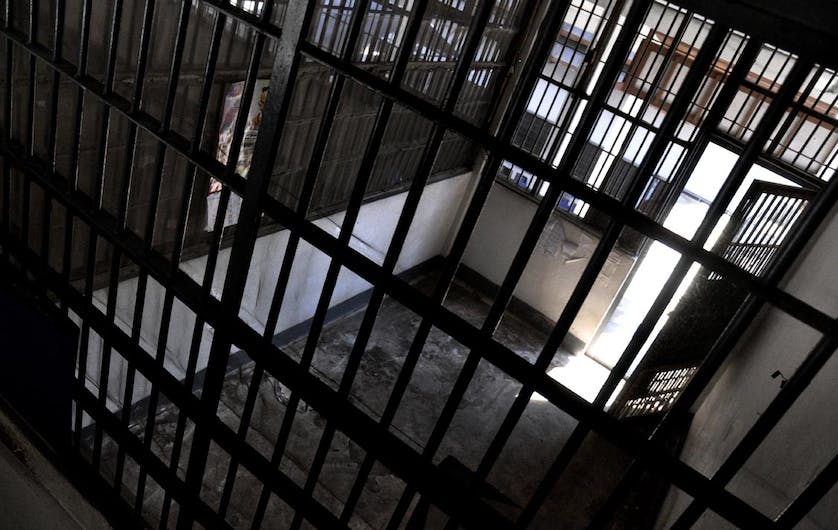
It appears that Thailand’s only plan of action is arresting the little guys, throwing them in overcrowded jails, and burning the drugs in massive, public, and extremely toxic fires (as the Thai Health Ministry – yes, Health Ministry – did just last month).
Along with its draconian drug laws, Thailand has also been admonished by the United Nations’ Human Rights Commission for its use of the death penalty for drug offences. Just this month, two men were sentenced to death for the transporting of, and dealing in, yaba valued at 60 million baht. Though they admitted that they had the drugs in their possession, they denied being dealers, maintaining that they were merely mules. Another 600 or so (as of the end of 2012) are waiting for their turn at the lethal injection, half of them for drug trafficking offences.
Of course, it is not just drug-related crimes that can garner a death penalty; Thailand carries capital punishment for over 50 criminal offences including murder, rape, human trafficking and, surprisingly, government official corruption. Apparently the death penalty can be imposed on a government official for “wrongfully demanding, accepting, or agreeing to accept a property or any other benefit for exercising or not exercising any of their functions.” Though to our knowledge not one has been handed the ultimate punishment for such crimes.
Meanwhile, crimes such as drugging a woman (no law against drugging a man), certain illegal use of firearms, and rape are all also punishable by death, so why is it that drug offenders are singled out for the harshest interpretation of the law while other crimes are usually awarded leniency?
On top of this, investigations have found numerous reports of employers in the coastal provinces and Bangkok pressuring their workers to take yaba, usually in the fishing, construction, and transport industries. And of course, the yaba problem is also tied to Thailand’s high rate of road fatalities, especially in crashes involving buses and trucks. According to reports, Thailand ranks third worst in the world for road deaths, after only the tiny Pacific island nation of Niue and the Dominican Republic.
So, Thailand’s war on drugs is still failing, prisons are busting at the seams, and the little fish are being arrested while the big fish swim free. What are the solutions, if any?
Experts in addiction, criminal justice and rehabilitation propose a number of measures to alleviate the situation. First, there should be an end to mandatory imprisonment for minor drug offences. Those convicted of such crimes should be given compulsory rehabilitation or community service orders, so they have a chance of returning to society without a stint in jail blemishing their record.
People caught with small amounts of drugs should be treated as addicts, not dealers, and given lighter sentences. The real dealers and smugglers should be punished the most severely.
Prison conditions should be improved and inmates given access to training and education. It’s been proven that more humane prison conditions create significantly lower rates of re-offenders, and they also do a better job of developing well-behaved, functioning citizens who go on to prosper and contribute to society upon release.
For every famous Yuyee, there are thousands of impoverished people being lured or forced into criminal activities by ruthless drug traffickers who make huge profits and, for the most part, are allowed to remain free, if not prosper, in society. The poor are the people populating Thailand’s jails, yet they are the ones who don’t receive the media attention and international outrage that individual foreigners and high profile Thais like Yuyee do. These are the people that Thai society should be protecting, not persecuting and subjecting to a failed, unproductive life in and after prison.
